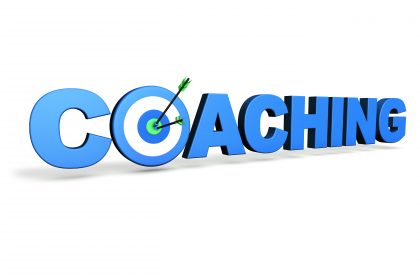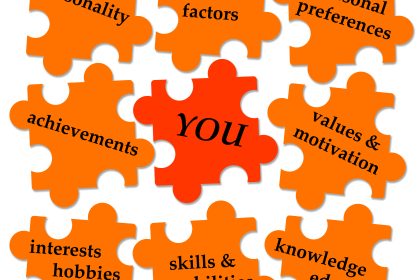 The simple answer is that it takes time, patience, and skill. It is actually easier to give the answer than it is to elicit the answer from someone else. And, the reason coaching is so effective is because it is eliciting the answer from the client.
The simple answer is that it takes time, patience, and skill. It is actually easier to give the answer than it is to elicit the answer from someone else. And, the reason coaching is so effective is because it is eliciting the answer from the client.
How do coaches elicit answers from clients? The coaching process often starts with a big picture exploration of what the client wants in all areas of their life. This is useful to the client for their own awareness and useful in the coaching relationship because now the coach is aware of influencing factors. Next the coach serves the client in creating their focus, thinking, and new habits that support their long term success. By the third session the client is choosing what specifically they want to focus on during their time with the coach.
The key at this point is for the coach to truly listen, and then rephrase what the client says so they know they were heard and for their own clarity. Then the coach asks questions. Questions that get the client thinking, considering different possibilities, exploring multiple options, talking through possible solutions, and ultimately creating their strategy and action plan. (The types of questions include those that move past being stuck listed in the previous blog. The brainstorming process was also explained in a previous blog.)
Yes, coaching takes time – time to listen, time to ask questions, time to let the client come up with answers, and time to talk through the possibilities. This in turn takes patience. And it all takes skill.



